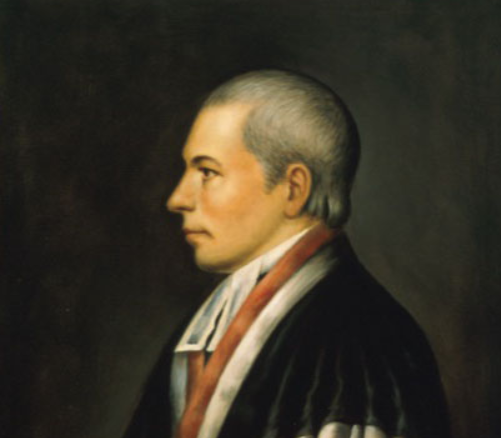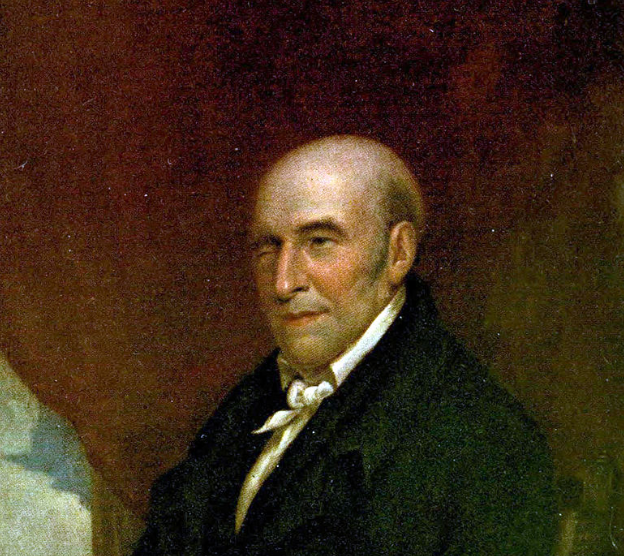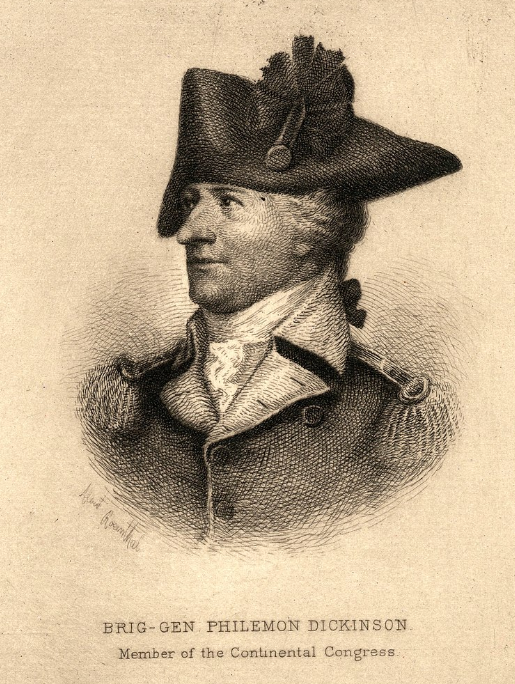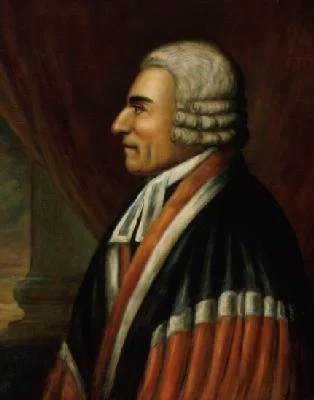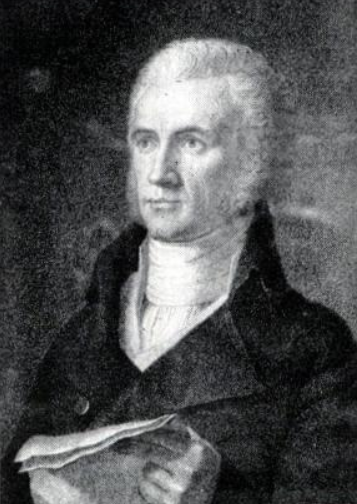William Paterson Presents the New Jersey Plan
William Paterson was the Delegate at the Constitutional Convention who proposed a plan on behalf of the small States.
Paterson also served as an inaugural Senator, Governor of New Jersey and Associate Justice of the Supreme Court.
Paterson promoted the ‘New Jersey Plan’ at the Constitutional Convention which favored the small States. However, he still strongly supported the new Government as a Federalist, despite his plan not being accepted.
William Paterson
William Paterson was first elected to office as a member of the Revolutionary Provincial Assembly of New Jersey.
Though just 32-years-old, Paterson was able to prove his abilities while serving as Secretary to the convention which wrote the State’s first constitution.
He was elected as Attorney General of New Jersey in 1776 and held that office throughout the duration of the Revolutionary War.
Constitutional Convention
After the war, Paterson was chosen as a Delegate to the Philadelphia Convention which wrote the US Constitution.
William arrived a few weeks late and was alarmed by the ‘Virginia Plan’ which aimed to have both the Senate and House of Representatives chosen by population.
Seeing this as a power grab for larger States, Paterson convened with Delegates from several of the smaller States to create a counter-proposal.
In this fashion, Paterson became one of the main authors of the ‘New Jersey Plan.’ This recommendation would have had every State represented equally in both Houses of Congress.
William was in favor of a strong federal government and, therefore, agreed to Roger Sherman’s Connecticut Compromise which gave us the method of representation used today.
At the end of the summer of 1787, Paterson signed the United States Constitution.
Judiciary Act of 1789
When the first round of national elections were had, William Paterson was chosen as an inaugural Senator for New Jersey.
While serving as Senator, he wrote a large section of the Judiciary Act of 1789.
This Act created the foundation for the operation of the court system of the United States and set many precedents which are still in use today.
William resigned after a year and a half when he was chosen for a position he believed to be more important...Governor.
Governor/Supreme Court
During his time as Governor, Paterson revised and consolidated the State’s legal code.
Less than three years after taking office, William again resigned for a more important position.
This time, he was selected by George Washington to sit as an Associate Justice on the Supreme Court.
Paterson spent almost a decade and a half as a member of the nation’s highest court participating in several early cases, notably the trails which followed the Whiskey Rebellion.
Between the Constitutional Convention, the Judiciary Act and the Supreme Court, William Paterson left a permanent, though often overlooked, mark on the American justice system.
Here are some other signers of the Constitution:
Gunning Bedford, Jr. - Standing Up for the Little States
William Samuel Johnson - Represent
Nathaniel Gorham and the Committee of the Whole
It is hard to understate William Paterson’s part in creating the American Judicial System.
‘Lawyer and Statesmen’ is one of the few biographies of this underappreciated Founder.
If you’d like a copy you can get one through the Amazon affiliate link below (you’ll support this site, but don’t worry, Amazon pays me while your price stays the same).
Want to get fun American Revolution articles straight to your inbox every morning?
Subscribe to my email list here.
You can also support this site on Patreon by clicking here.
Thanks for your support!
